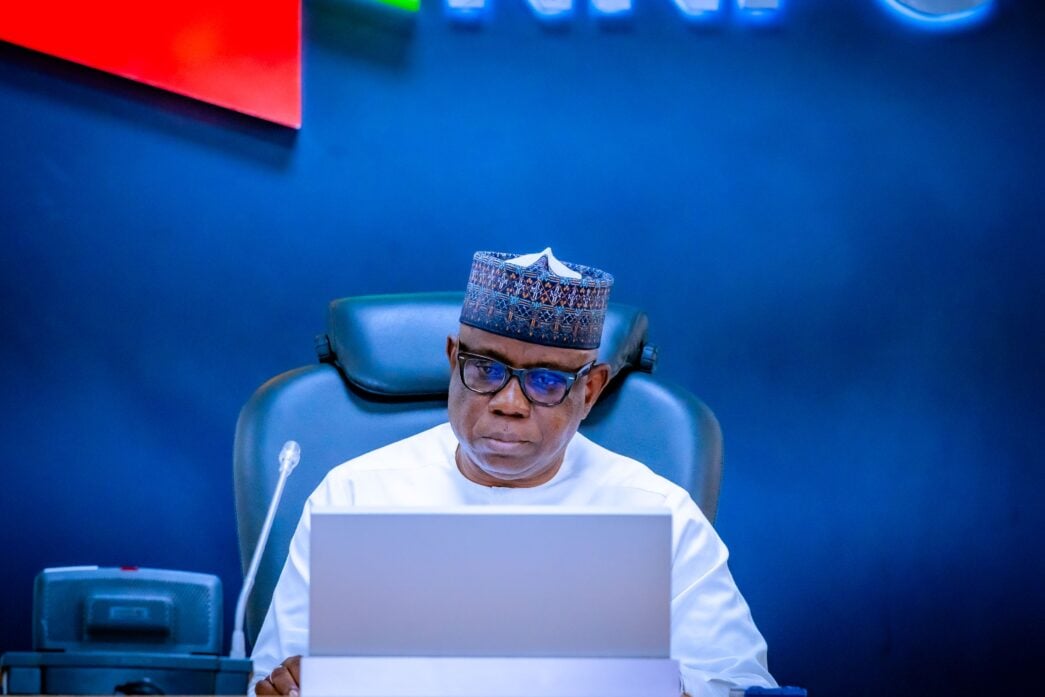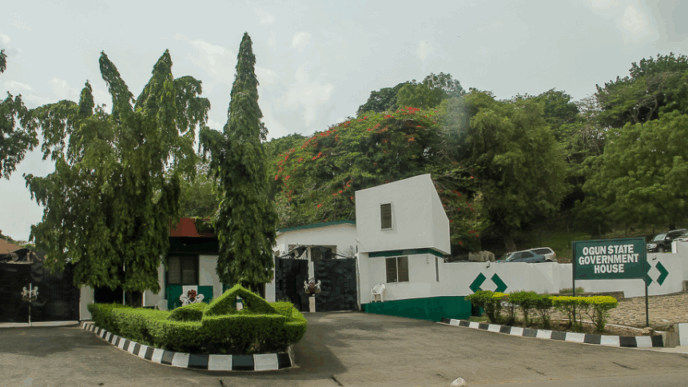BY ARUKAINO UMUKORO
Vision without execution is hallucination, Thomas Edison once said. During the African Refined Fuel Market Conference in July this year, Bashir Bayo Ojulari, the group chief executive officer of the Nigerian National Petroleum Corporation Limited (NNPCL), referenced that quote in his speech, made famous by the American businessman and inventor.
At the event themed ‘Building an African Refinery Hub Prospects and Challenges,’ which attracted global and Africa’s leading oil and gas experts, Ojulari highlighted the need for African countries to confront structural bottlenecks so as to build a just transition, strengthen the downstream sector and create more economic value.
Ojulari’s message was simple, yet powerful. African countries must support their quest with strategic execution. With “catalytic opportunities met with coordinated action, bold investment, and resolute leadership, these challenges/bottlenecks can be surmounted,” he asserted.
Advertisement
With over three decades of experience in the global oil and gas sector, leading multibillion-dollar projects across Africa, Europe and the Middle East, and becoming managing director, Shell Nigeria Exploration and Production Company (SNEPCO), Ojulari speaks from experience. Many regard him as a leader with a combination of technical expertise and managerial acumen.
Driving change
Since he was appointed by President Bola Tinubu as GCEO of NNPCL in April, Ojulari has initiated bold reforms aimed at repositioning NNPCL for more efficiency and transparency. And his vision to reposition and transform Nigeria’s oil giant is clear. One that is, in his words, “ready to co-create, co-invest, and co-lead in building an African refining ecosystem that is inclusive, resilient, and globally competitive”.
Advertisement
The administration of President Tinubu has implemented overarching reforms to reposition Nigeria’s oil and gas sector and improve investors’ confidence. In May, the president signed a new executive order aimed at reducing project costs, boosting investment, and increasing revenue in Nigeria’s oil and gas sector. Earlier in February 2024, President Tinubu had signed three executive orders focused on cost efficiency, reducing project timelines, and local content requirements aligned with global best practices. These moves have already begun to yield dividends.
Between December 2024 and July 2025, the country’s crude oil production increased by 400,000 barrels per day (bpd) – from 1.4 million barrels to 1.8 million barrels – in about seven months. Ojulari had overseen some of that growth in his first few months as GCEO, and plans are underway to ramp it.
At the 50th anniversary celebration of the Nigerian Association of Petroleum Explorationists in Lagos, he noted that this growth is the result of industry-wide collaboration and critical improvements in infrastructure. Under Ojulari, the Trans-Niger pipeline achieved 100 per cent operational availability for the first time in years.
Under his leadership, the NNPCL has also started a cost optimisation programme that could save up to $4.5 billion by the end of 2025. It is said to be part of a wider national effort, in line with a presidential directive, to attract $30bn in fresh industry investments over the next two years and $60bn by 2030.
Advertisement
Ojulari has also strongly pushed for the adoption of gas as both a transition and industrial fuel, in alignment with the Tinubu administration’s Decade of Gas initiative. This will create thousands of jobs and lower energy costs. For instance, under him, the NNPCL is accelerating the Ajaokuta–Kaduna–Kano (AKK) Pipeline. He described the AKK, which is expected to supply 2.2 billion standard cubic feet of gas daily to power plants in Abuja, Kaduna, and Kano, as a lifeline for economic advancement, job creation, and national integration.
Also, in its drive to increase the adoption of compressed natural gas (CNG) for transport to lower fuel costs and emissions. The NNPCL, under the new GCEO, has so far donated 35 CNG buses to the Presidential CNG Initiative, which will also provide relief for Nigerians. These measures provide a clear pathway to energy security and environmental sustainability for the country.
Repositioning NNPCL, lessons from Saudi
Implementing reforms in the Nigerian oil sector does not come without teething challenges or resistance from vested interests and systemic barriers. Recent speculations and some media reports about Ojulari’s purported resignation, as well as controversies over NNPCL audits from previous years, have understandably generated debate. Some analysts have suggested that certain media criticisms against him may be fuelled by entrenched interests within the sector. At the same time, others point to the silent, but significant reforms already underway. History has shown that institutional change often faces resistance, even in the face of measurable progress.
Advertisement
As of July, Saudi Aramco is regarded as the world’s most valuable energy company with an estimated worth of $1.62 trillion. It took decades to happen. Aside from other factors, the values of transparent governance, efficiency and integration run deep in the heart of operations in the Saudi oil giant.
While dynamics largely vary – e.g., Saudi Arabia produces about nine times for crude oil barrels per day compared to Nigeria, fluctuations in global oil prices – there are broader, practical lessons to draw for the NNPCL from major national oil companies such as Aramco. These include diversification, consistent reinvestment, investment in technology and infrastructure and global partnerships to drive profits and growth. It’s a long road to a trillion-dollar value for Nigeria’s oil giant, but with ongoing reforms, the early foundations are being laid under Ojulari.
Advertisement
He is already adopting these principles that drive continuous and sustainable growth, such as leveraging technology, reducing operational costs, and integrating gas, among others. Importantly, this helps align the NNPCL’s corporate culture towards global best practices. While scrutiny of public institutions and officials is essential for growth, unfounded allegations and attacks may distract from the wider picture of meaningful reforms.
Meeting Nigeria’s energy goals, boosting industrialisation, creating jobs and repositioning the country as a global energy leader are at the heart of Ojulari’s vision for the NNPCL. In his words: “Let us build not just refineries, but a new backbone for Africa’s industrial age. Let us refine not just crude, but the future of this continent. Let our actions reflect not just today’s needs, but the enduring aspirations of generations yet unborn.”
Advertisement
Persistent challenges such as oil theft, vandalism, regulatory bottlenecks, and underperforming refineries still need to be addressed to win critics. These are not quick fixes, but require sustained effort, institutional reorientation and consistency in policy. So far, Ojulari’s early actions show strategic intent to strengthen the corporation’s backbone and drive Nigeria’s energy reforms. Some stakeholders remain cautious. But even the boldest drivers of transformation need levers of support and time to convert reforms into measurable impact.
Analysts say Ojulari’s mission to transform the NNPCL reflects a vision aligned with Tinubu’s wider economic reform agenda, to improve the country’s energy sector and economy in the long run. If sustained, it may not only reposition the company for accelerated growth but also lay solid foundations for Nigeria’s long-term energy security.
Advertisement
Views expressed by contributors are strictly personal and not of TheCable.











